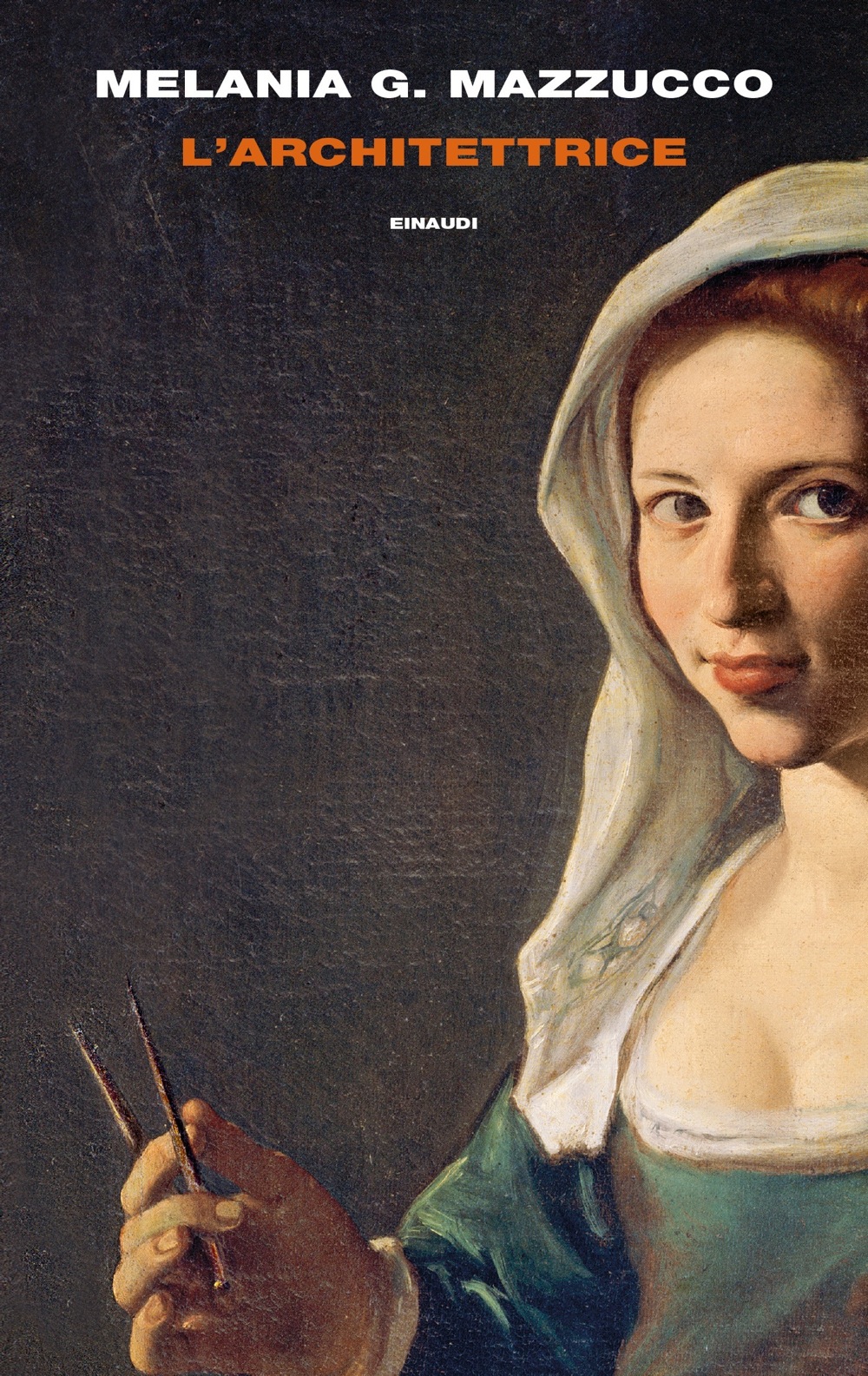
L'architettrice
Premio John Fante alla carriera
Premio Capalbio
Premio Alassio
Premio Alvaro Bigiaretti
Premio Dessì
Premio Io Donna
Premio Stresa
Premio Mastercard
Premio Manzoni
Premio Righetto
Premio Silvia Dell’Orso
“An extraordinary novel.” Tuttolibri
“Necessary and important.” La Lettura
“An incredible Rome in the Seventeenth century: alive and overflowing, stimulating and corrupt, cheerful and sad.” la Repubblica
“A journey through Rome, the journey of a free woman: this book has everything.” Il Foglio
“This book makes you want to walk around Rome and see Plautilla’s work.” Internazionale
“Mazzucco has the great ability to explore history.” L’Espresso
“Melania Mazzucco is the great architect of contemporary Italian literature.” Doppiozero
“Mazzucco doesn’t remind you of anyone else.” The Art Newspaper
READ AN EXCERPT IN ENGLISH (PDF)
In May 1624 a father accompanies his eight-year-old daughter to Santa Severa beach, north of Rome. There, a few months earlier, a chimerical creature ran aground. A whale. Until the day of that discovery, no whales had ever appeared on the coasts of Italy. That’s why the man is there. He wants his daughter to understand that even what is beyond our horizon exists.
Giovanni Briccio is a plebeian genius, opposed by the literati and ignored by the court: he is a mattress-maker, a painter of scant fame, a popular playwright, actor and poet, and hidden behind so many pseudonyms, a successful journalist and writer of ballads, songs, and crime stories. The child is his younger daughter, Plautilla.
Briccio wants to make her the total artist he has failed to become. He teaches her about painting, mathematics, science. He also imposes upon her the destiny of virginity, launching her as a child prodigy, whom the Madonna has chosen as her messenger. Plautilla, however, is doubly disadvantaged as a female and of humble origins. She struggles in Rome’s artistic circles, dominated by the genius of Bernini and Pietro da Cortona, and conditioned by the patronage of the Barberini family. Her father’s overbearing presence forces her to sacrifice her youth.
But the meeting with Elpidio Benedetti, a young aspiring writer, will eventually change their life. Benedetti was chosen by the all-powerful Cardinal Barberini among the family’s clients to act as secretary to a diplomat whom Pope Urban VIII wanted to get out of the way. That diplomat is Giulio Mazzarino, and he keeps Benedetti at his service. Mazzarino’s prodigious rise to the French court will make Elpidio, the awkward son of an embroiderer, a very powerful agent among the artists of Rome – at once an art dealer, trafficker and client.
Plautilla Bricci and Elpidio Benedetti, both apparently unarmed due to the dangers of the court, will become the most extravagant couple of seventeenth-century Rome. She a virgin, he an abbot, both of them held to chastity to safeguard the only treasure they possess. They must hide and officially ignore each other for twenty-five years, surviving the Barberini ruin, regime changes, the plague, and Mazzarino’s death, until they can embark on an enterprise that crowns the dream of a lifetime: the construction of a Villa designed, planned and executed by the woman. The first female architect of modern history.
In the summer of 1849, among the ruins of that villa – which would become the last outpost of the resistance due to its strategic position – the dream of a generation of twenty-year-old Italians, volunteers who came to Rome to save the achievements of the revolution of 1848, died out. Students, artists and children from good families who found themselves defending up to the last the fragile and lightning-quick experiment of the democratic Roman Republic, the first to recognize equality and freedom in its constitution.
L’architettrice is the story of two people’s dreams of changing the world – because whales exist, even if they do not swim in our sea.
Points of strength and interest:
- The context. Seventeenth-century Rome, recounted with all its uniqueness and contradictions. From the slums crowded with penniless artists, gypsies, foreigners, actors, beggars who live off relics and smugglers, to the palaces of the court – the popes, cardinals and their protégés. Violence, misery and hunger coexist with stunning luxuries and riches, and instability dominates. You can move from one condition to another – in both directions – during the same existence.
- The art. In her long life, Plautilla encounters painters and architects today admired all over the world – like Pietro da Cortona, Gian Lorenzo Bernini and Francesco Borromini. The architect captures them in the daily labors of the trade and in their illusions of glory.
- The great theater of the world, not just the setting but one of the novel’s protagonists. Told as it transforms and becomes the magnificent city that we all know. Among other things: the adventure of building Saint Peter’s Basilica, Piazza del Popolo, Piazza di Spagna and the Gianicolo, the floods of the Tiber… Rome explored and lived in every corner – alleys, palaces, villas, convents – so much so that readers will feel like they’ve been there or will want to come back.
- Plautilla Bricci and Elpidio Benedetti live the great events of 1600s (wars, plagues, earthquakes) alongside the protagonists: Urban VIII, Mazzarino, Louis XIV, Christine of Sweden. And Leone Paladini, a volunteer defender of the Roman Republic of 1849, who fights with Garibaldi and Mazzini.
- The story of a couple unlike any other. A bond that was not foreseen by the commandments. One that will bind the artist and the cleric until death – amid repression, imposed chastity, passion and lies.
- The character of Plautilla. The portrait of a forgotten painter (though some of her works can still be admired today) and of an elusive and secret woman who, with apparent meekness, audacity and will, was able to take possession of her destiny.
- The first female architect in European history or maybe even in the world.
- The author. Appreciated for her novels and commitment to the theme of migrants and refugees, she is also known as a storyteller and art writer. She has written Il museo del mondo, recounting 52 paintings over the course of as many weeks for the newspaper La Repubblica, to which she contributes about art and culture. She was instrumental in the reevaluation of Venetian painter Tintoretto and his daughter, Tintoretta, also a painter, with a novel (The Angel’s Long Wait translated into French, Spanish, German, Finnish, Danish, Bulgarian) and a fundamental biography (Jacomo Tintoretto & His Sons: the History of a Venetian family), followed by the Tintoretto exhibition at the Scuderie del Quirinale (2011) and the documentary film Tintoretto: a Rebel in Venice (2019), produced by Sky and distributed by Nexo worldwide. With The Architect she has launched the rediscovery of Plautilla Briccia. Forgotten for centuries from the annals of official culture, she recently aroused the interest of restorers, art historians, and historians of society. Various conferences have been dedicated to her. Due to the exceptionality of her case, she will increasingly become the subject of international attention.
- The exhibition. The National Galleries of Palazzo Barberini organized at Palazzo Corsini alla Lungara in Rome the first monographic exhibition ever dedicated to Plautilla, born thanks to L’architettrice, which opened in November 2021 and brings together all her known works. Here you can read a few articles about the inauguration.
- The success. With more than 80.000 copies sold in hardcover and a paperback edition two years after publication, L’architettrice has become a longseller.
* * *
From the presentation to Italian booksellers in the words of Ernesto Franco, Einaudi’s publisher:
“There are labyrinthine novels, philosophical novels, lyrical novels, encyclopedic novels and even poetic novels. Mazzucco’s is truly a fresco of a novel in which the characters – such as the architect, or the melancholy and genial father, or Elpidio, the architect’s first client, friend and love – move not against a background but in a scene where dozens and dozens of others are teeming, as if the book were the universe of the stories of life.
And then there’s Rome… Rome of the seventeenth century as you’ve never experienced it, a city at once trivial and genial, powerful and miserable, capital of the world because capital of man, violent, vile, kind, cheerful and unkempt. The reader is plunged inside the city’s viscera, admiring beauty just steps away from a leper’s laments. With more than 500 pages composed over the span of 17 years, from 2002 to 2019, projects like these are increasingly rare in contemporary literature, and projects that reach such heights of achievement are even rarer.
Find a good position, find the time and the rhythm, just like that… open the book, step into Rome…”
September 2019
The booksellers are saying:
“A masterpiece.” Stefano, a bookseller from Sorrento
“Melania Mazzucco’s new novel is powerful and important. You will need to read it and remember it.” Stefania, a bookseller from Turin
“I hadn’t read such a beautiful and exciting book in a very long time.” Annalisa, a bookseller from Macerata
“I loved it. I liked the setting, Rome with its popes and intrigues, and this female character, so apparently mellow and compliant who is actually very determined and passionate about her extraordinary endeavour.” Serena, a bookseller from Pescara
“Melania Mazzucco is an architect of the words. She doesn’t only write a story for you to read, she builds a whole world you will want to immerse yourselves in and never leave.” A bookseller from Genova
Online praise from the readers:
“Melania Mazzucco pulls her story out from the hat of the past by reconstructing the life of a child prodigy who imposed herself on her time with extraordinary strength and courage.”
“An enchanting, surprising historical novel. A beautiful discovery.”
“A dense and fascinating story of women’s emancipation in the Rome of the Popes.”
“Mazzucco is able to masterfully tell a feminist story ante litteram, skilfully alternating historical facts with deeper and still – unfortunately – current issues.”
“Among my readings, these days, L’architettrice by Melania Mazzucco. I am overwhelmed by admiration. Here it is worth using a nice superlative.”
“Among those novels that embrace you and never leave you. And you wish they would never end.”
“The story of Plautilla, exhumed from the dust of the centuries, is returned to us in all its extraordinary nature by the pen of Melania Mazzucco, together with the colors and splendor of the characters who made the history of Rome and Baroque art.”
“A great book about love. Love for life, love for art, love for Rome. Love that is sacrifice, renunciation, separation, but also the hope that what human genius creates can live over the centuries.”
“Melania Mazzucco confirms her ability to bring to light the most hidden and nuanced levels of true stories relived with concentrated participation, through a vigorous and intelligent literary arsenal.”
Publication date: 26.11.2019
Publisher: Einaudi
Country: Italy
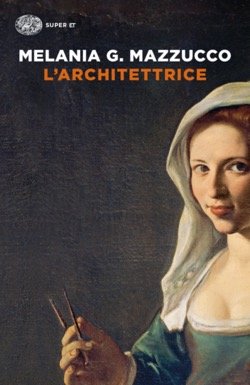
Italy
26 October 2021

Italy
24 December 2020

Albania
1 January 2025
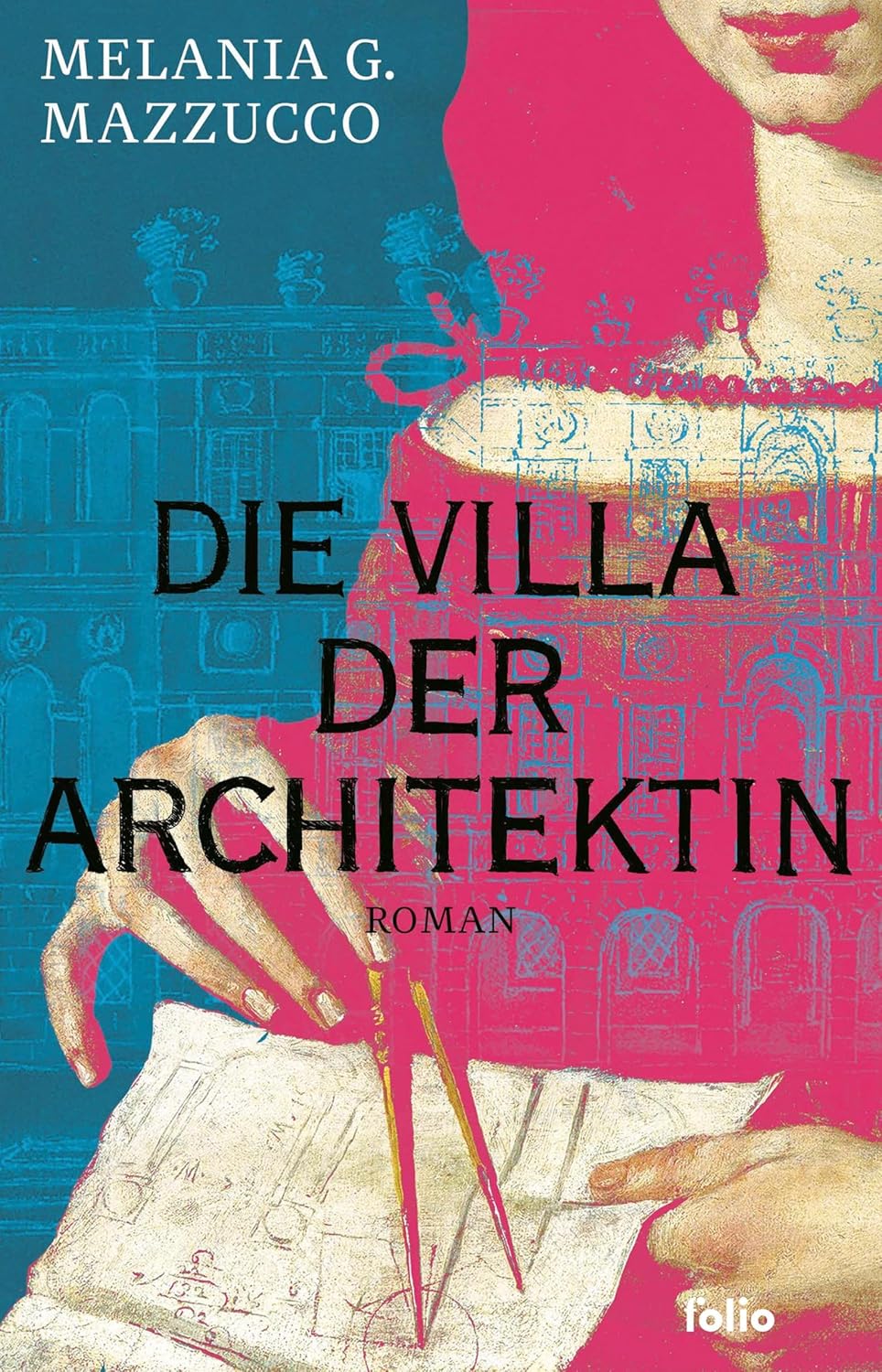
Germany
23 August 2024
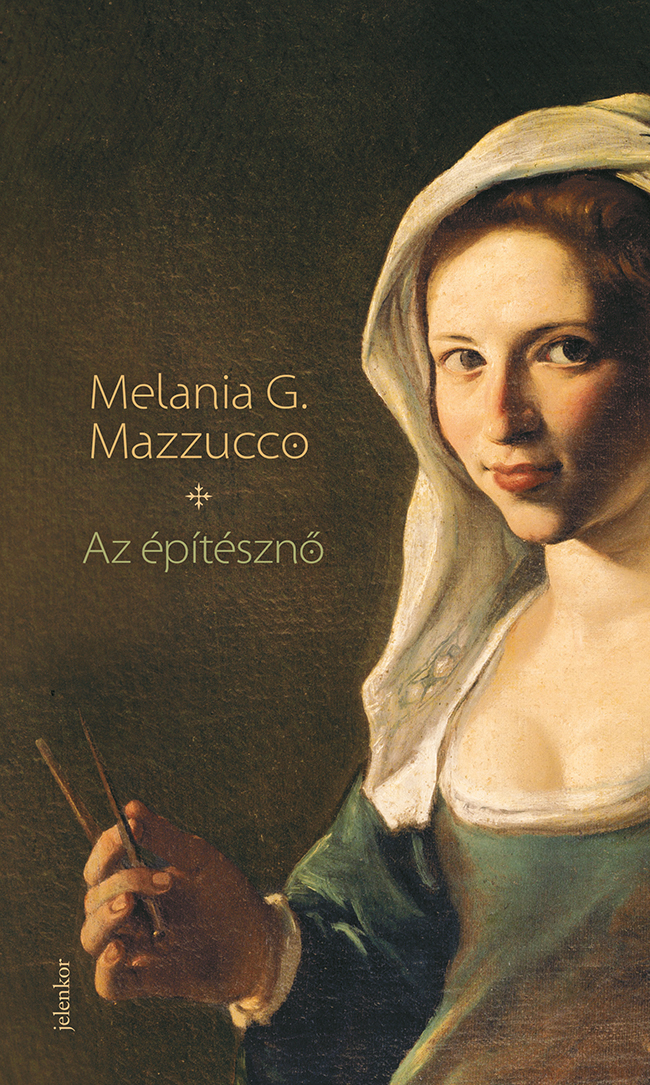
Hungary
11 April 2022
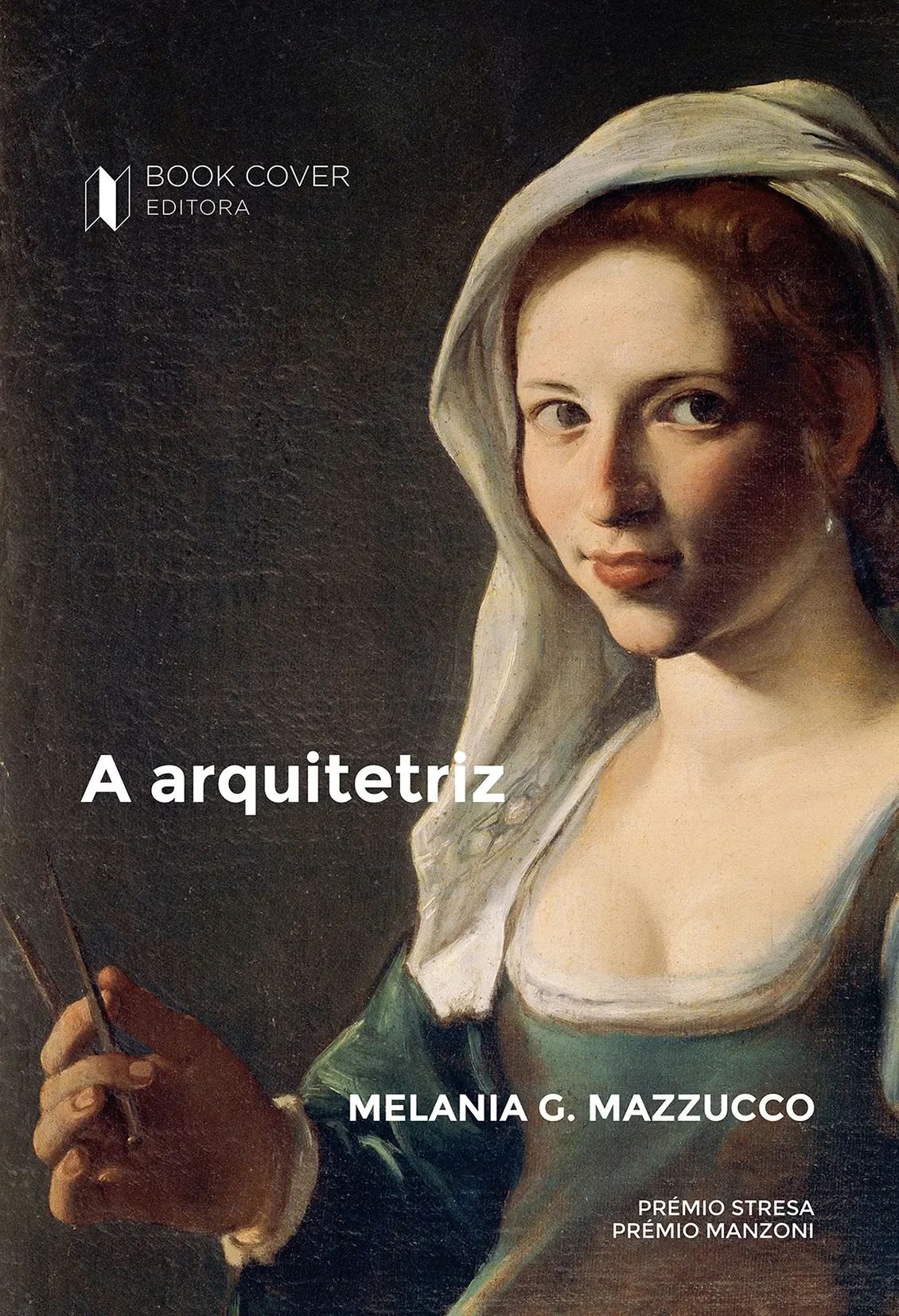
Portugal
30 October 2023
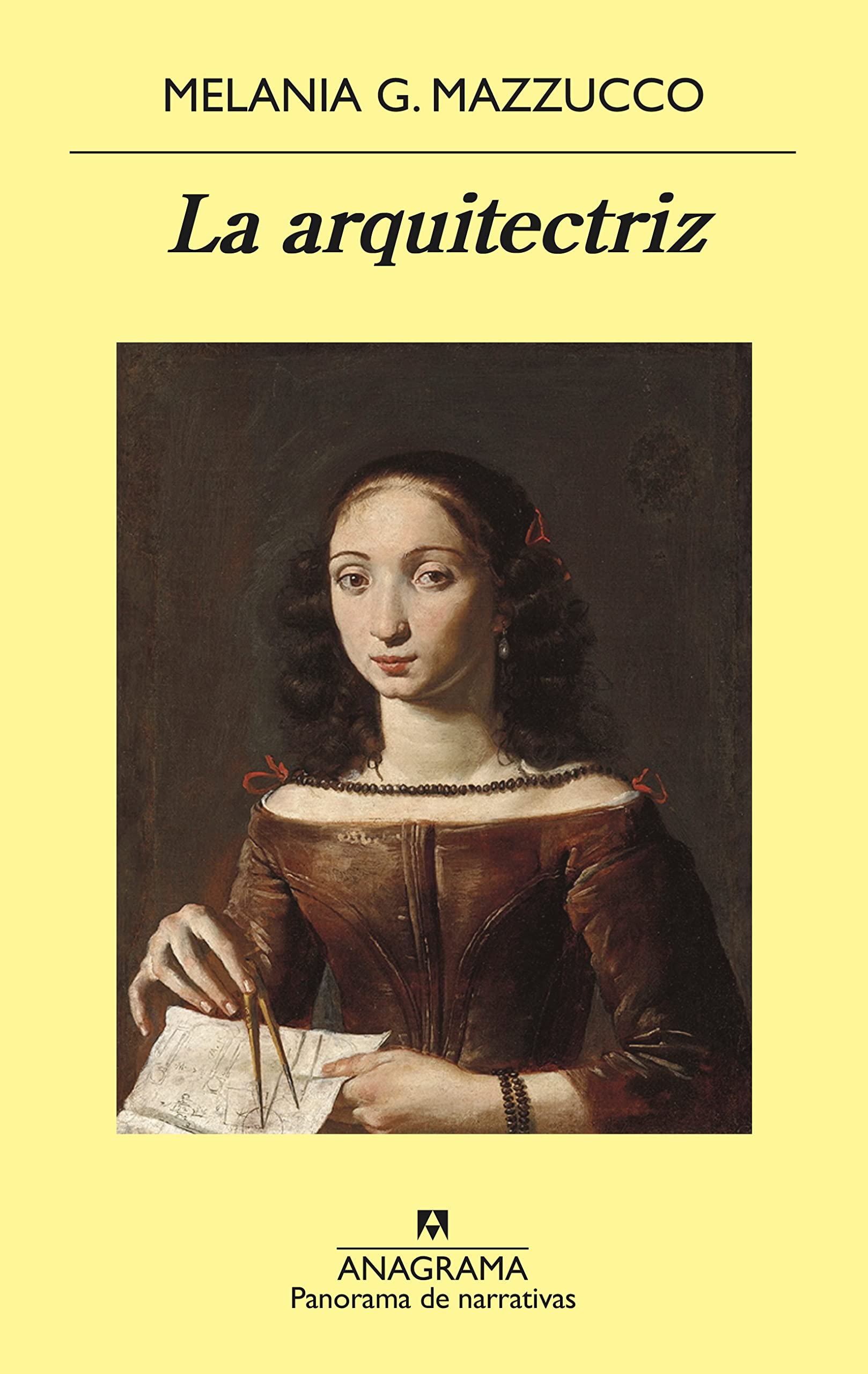
Spain
19 October 2022
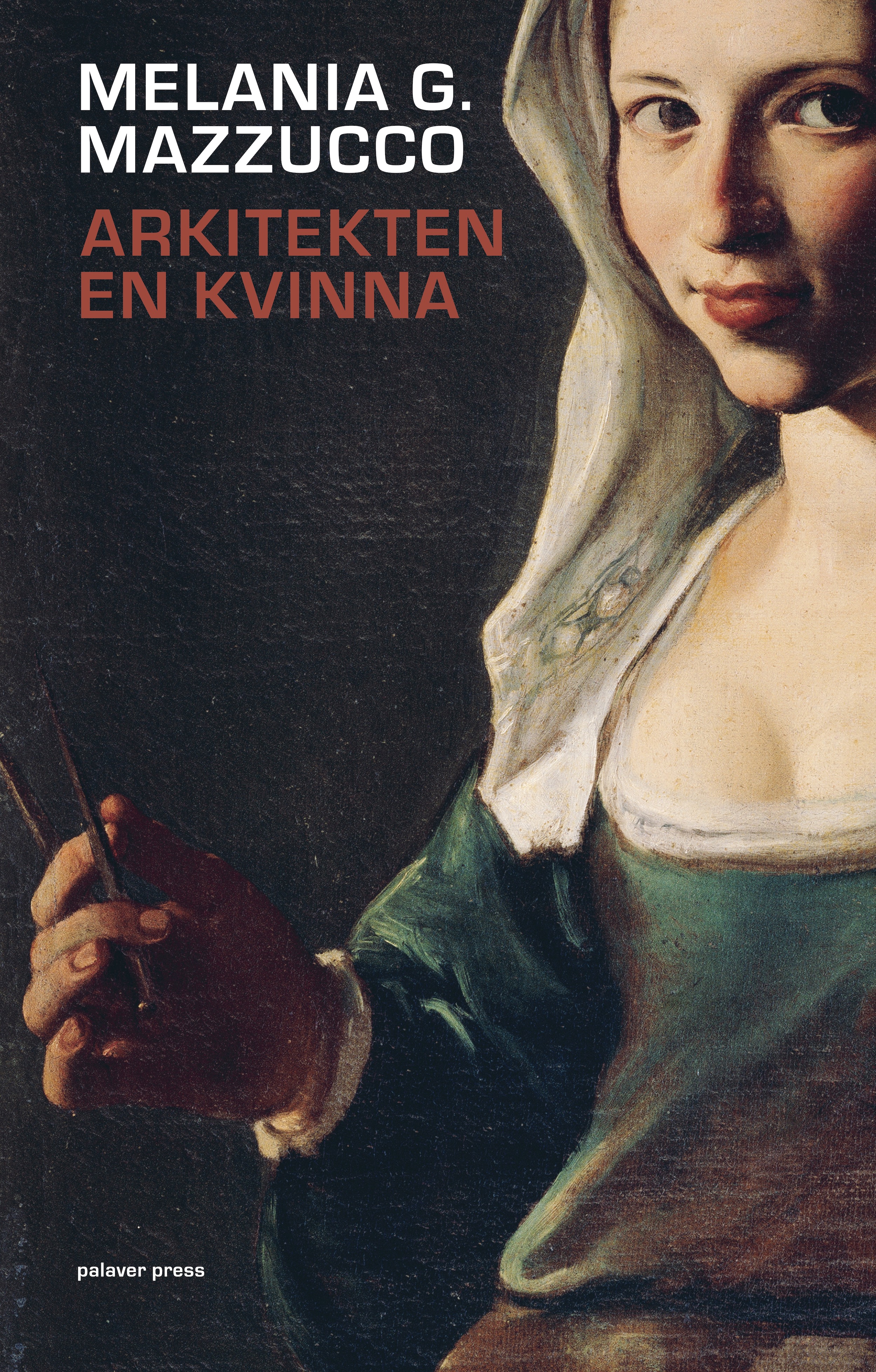
Sweden
20 September 2024
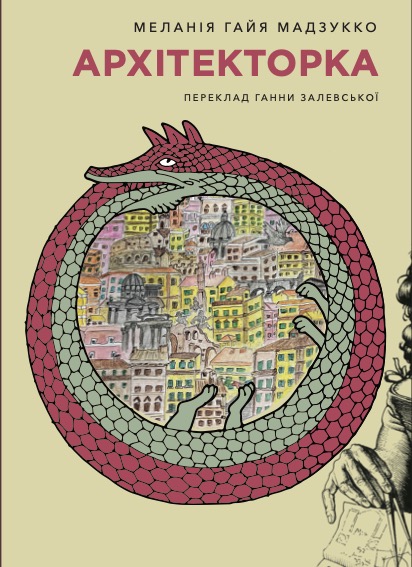
Ukraine
31 May 2024
Albaina: Dituria
Denmark: Palomar
France: Calmann-Levy
Germany: Folio Verlag
Hungary: Jelenkor
Portugal: Book Cover
Russia: Alpina
Spain and Latin America: Anagrama
Sweden: Palaver Press
Ukraine: Pinzel
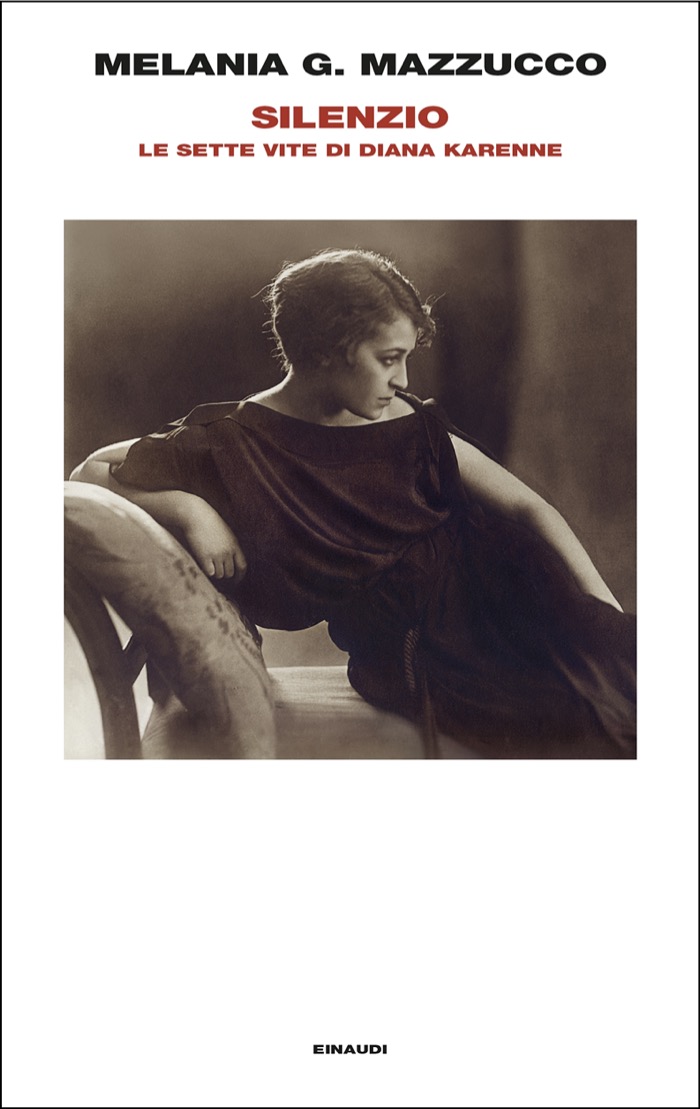
Italy
26 November 2024
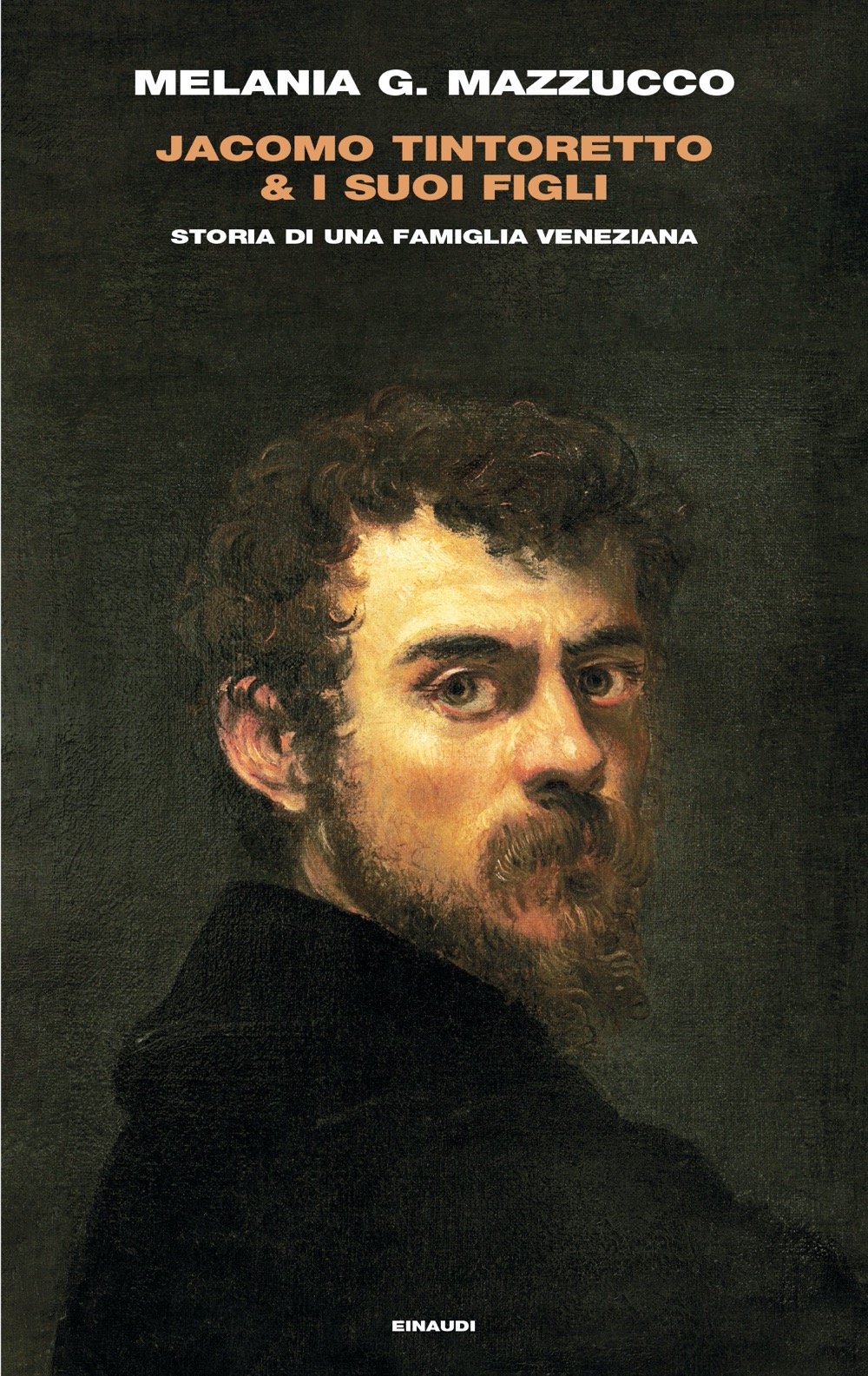
Italy
21 November 2023
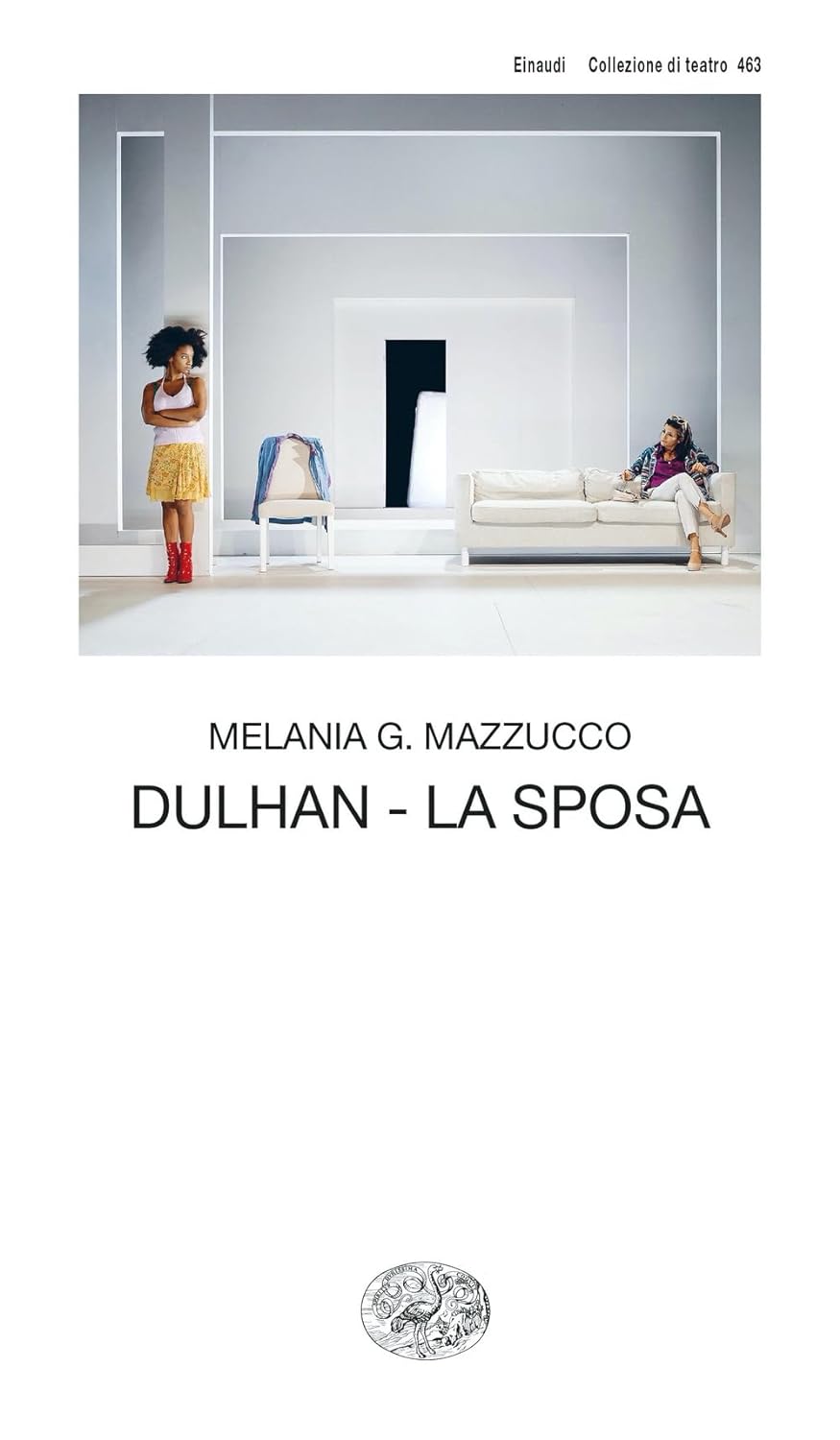
Italy
21 November 2023
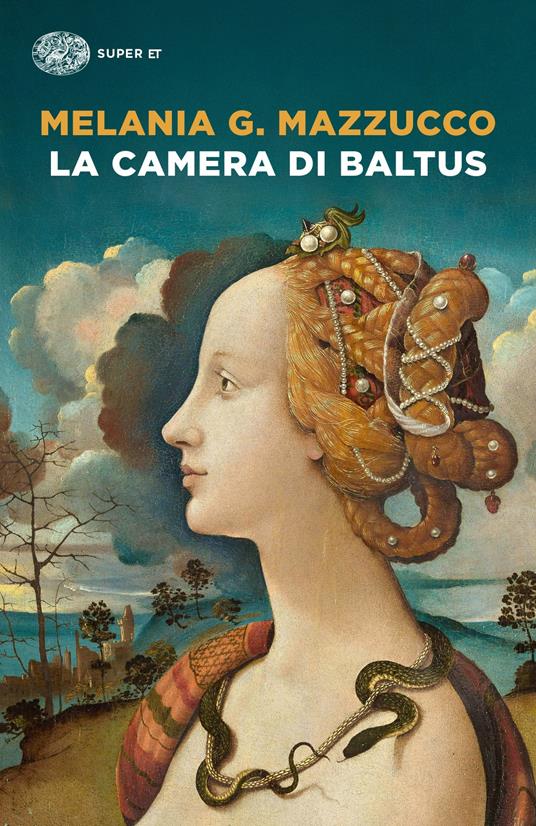
Italy
9 May 2023
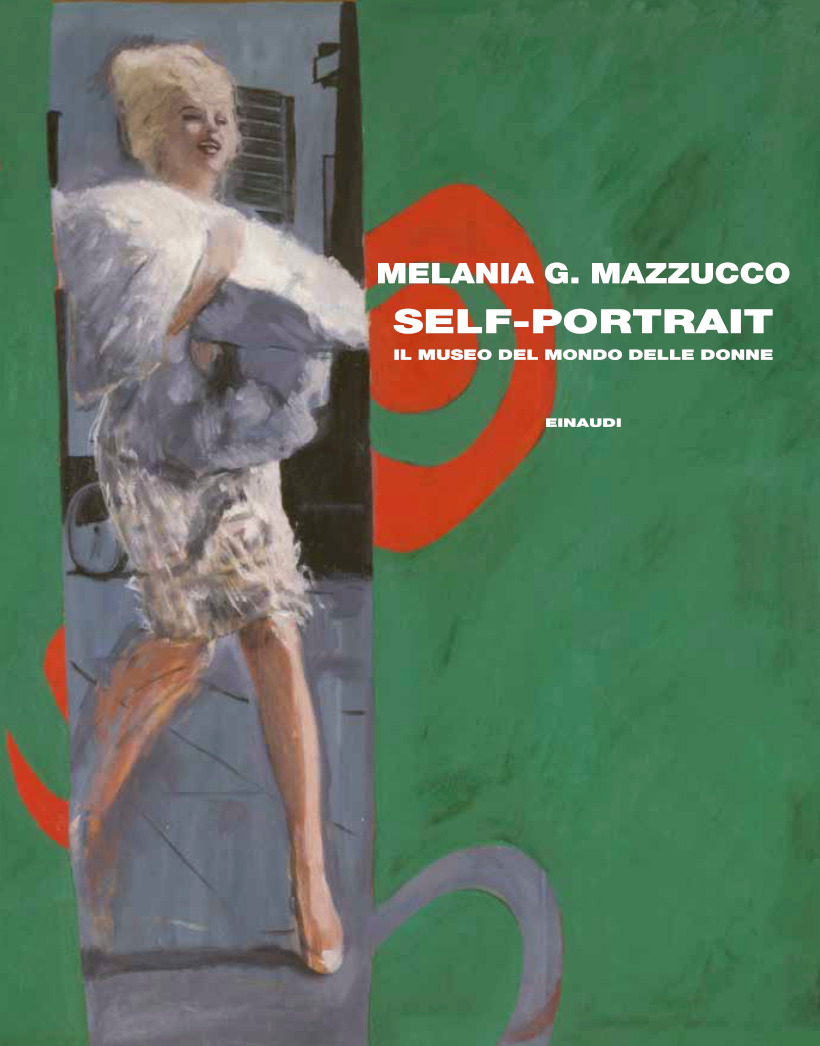
Italy
29 November 2022
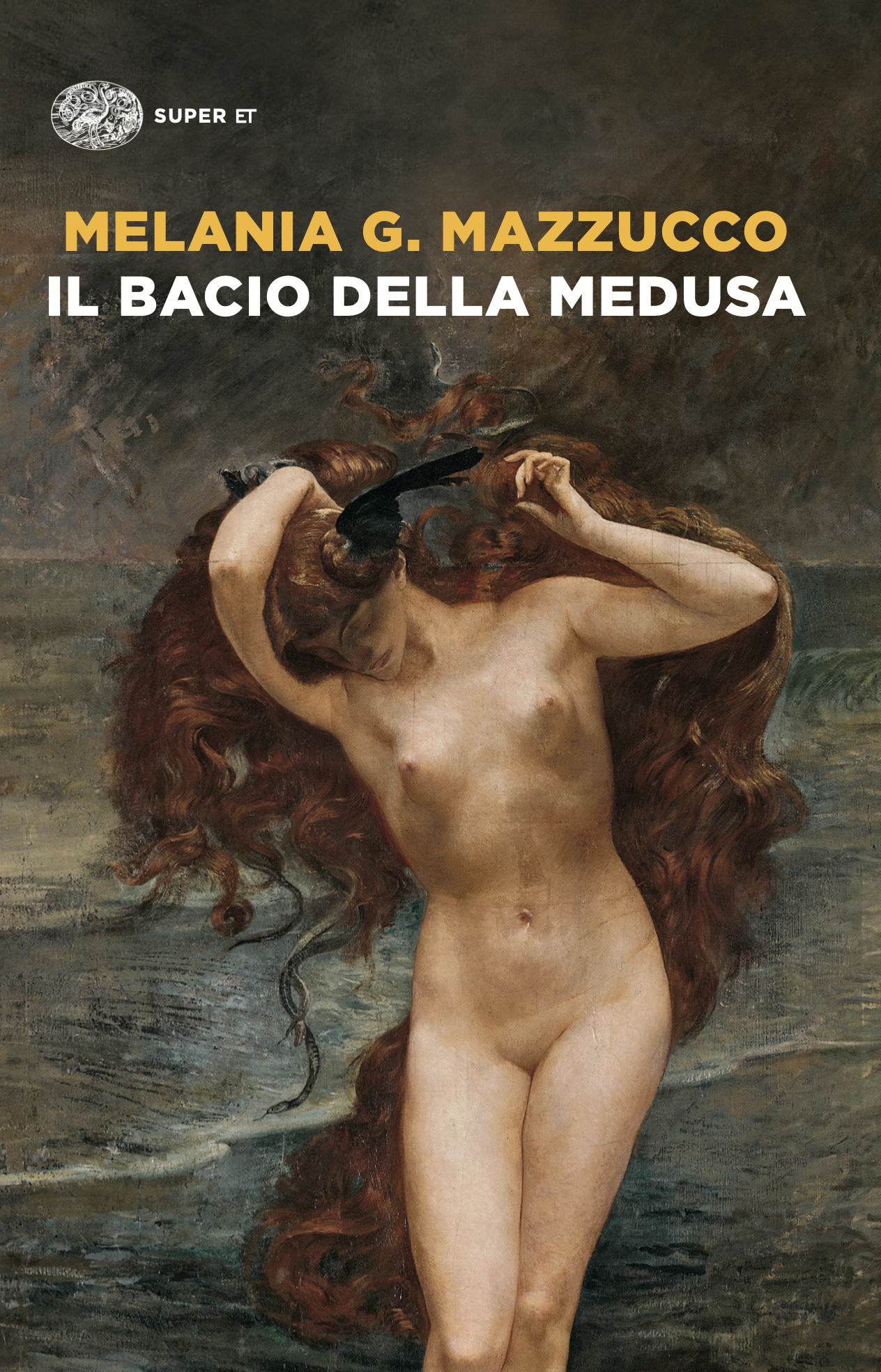
Italy
7 June 2022
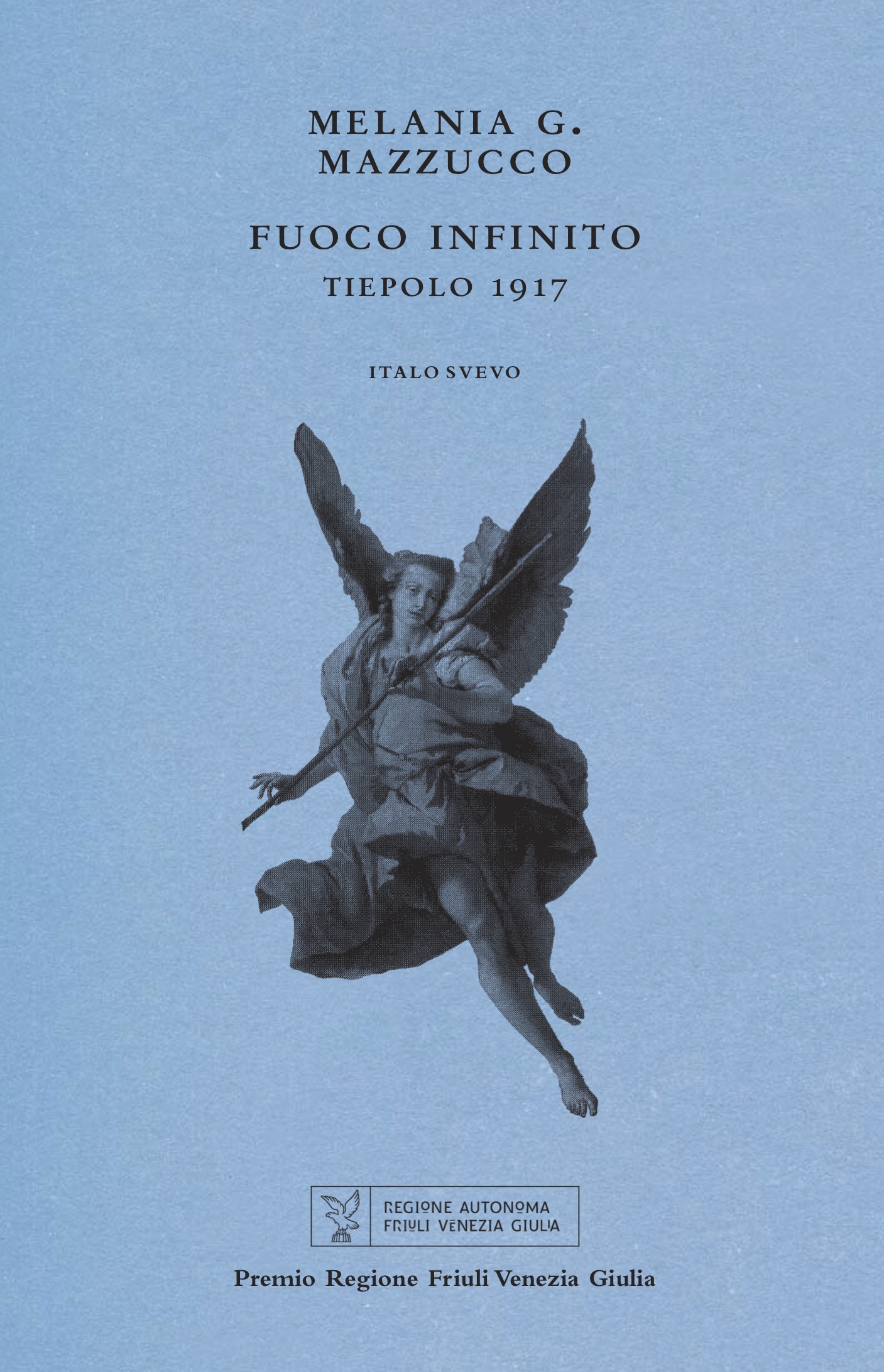
Italy
4 November 2021
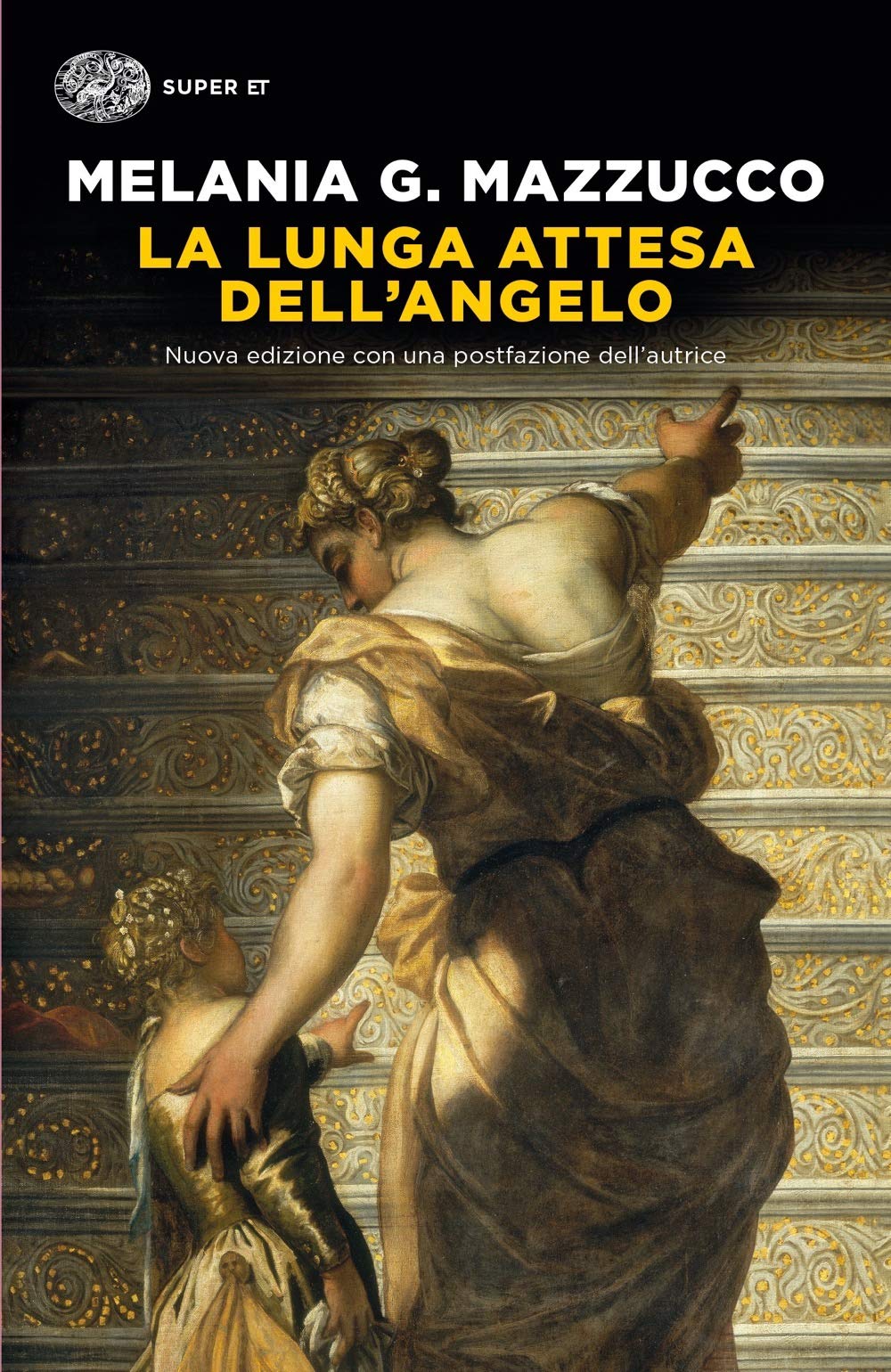
Italy
16 March 2021
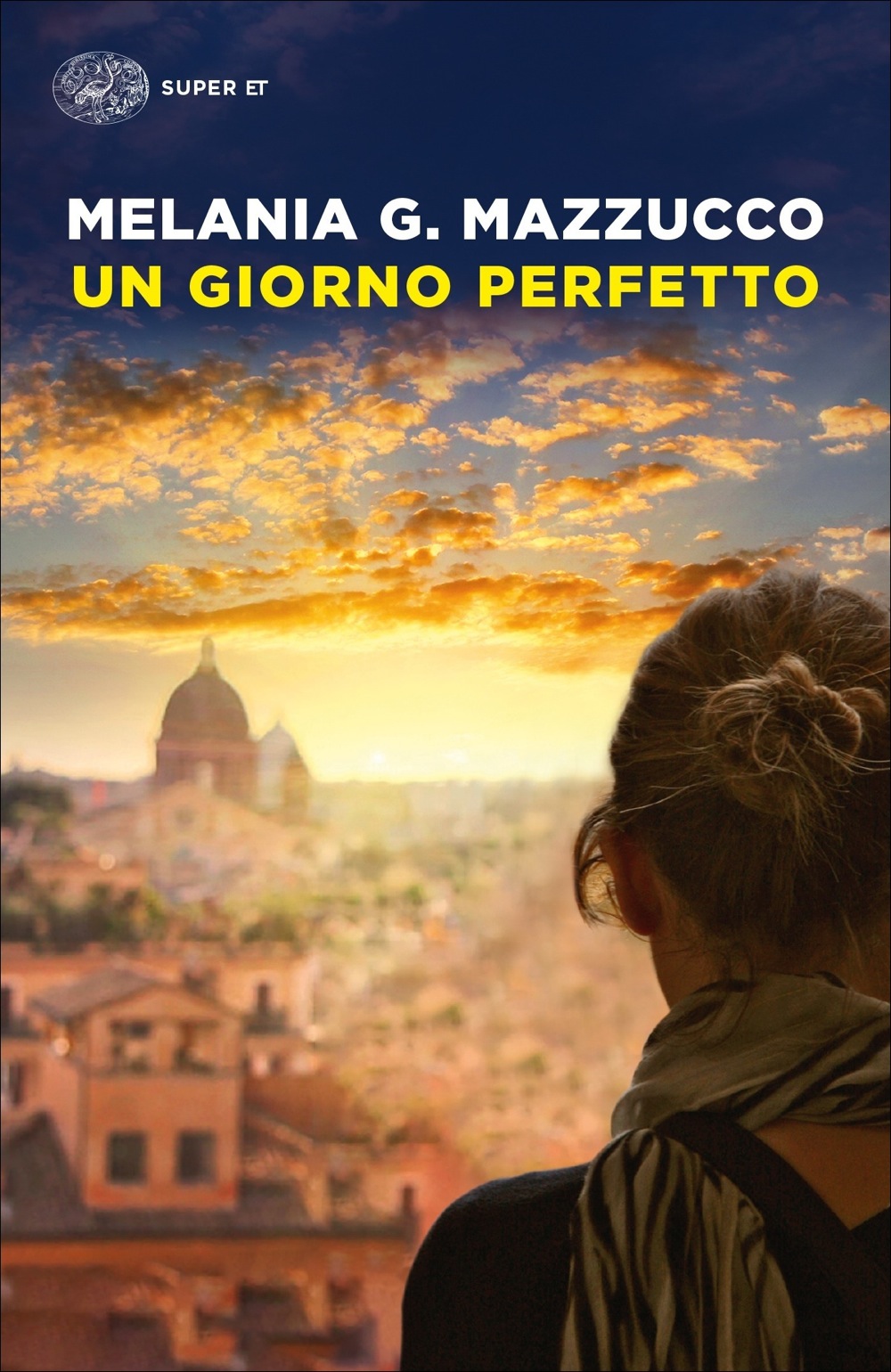
Italy
13 June 2017
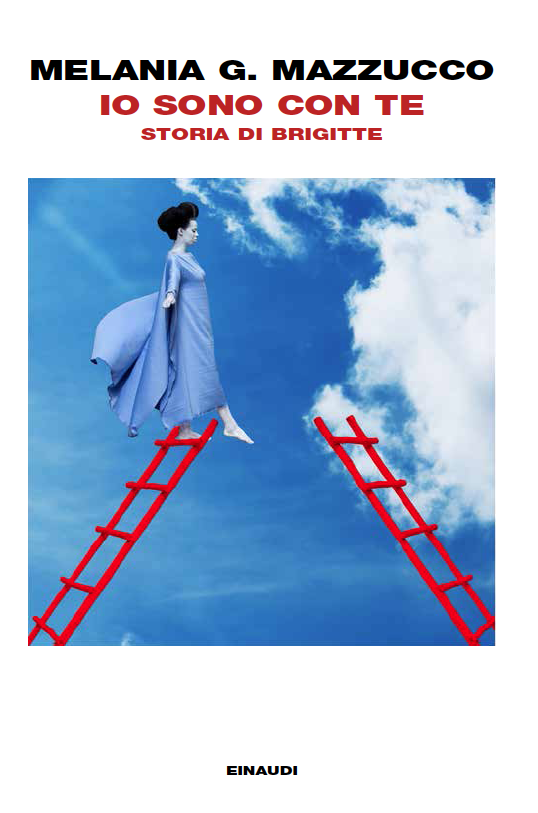
Italy
25 October 2016
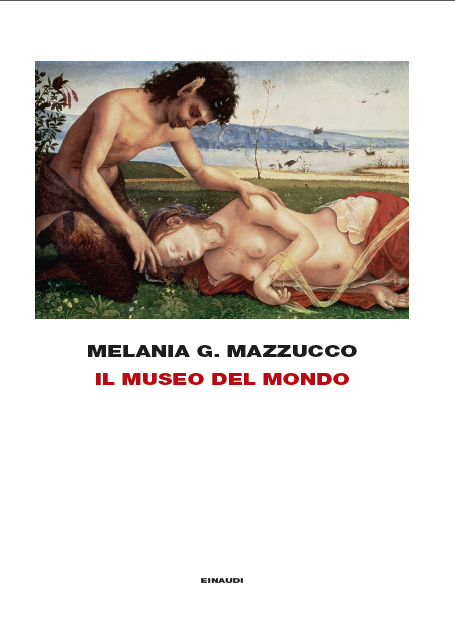
Italy
18 November 2014
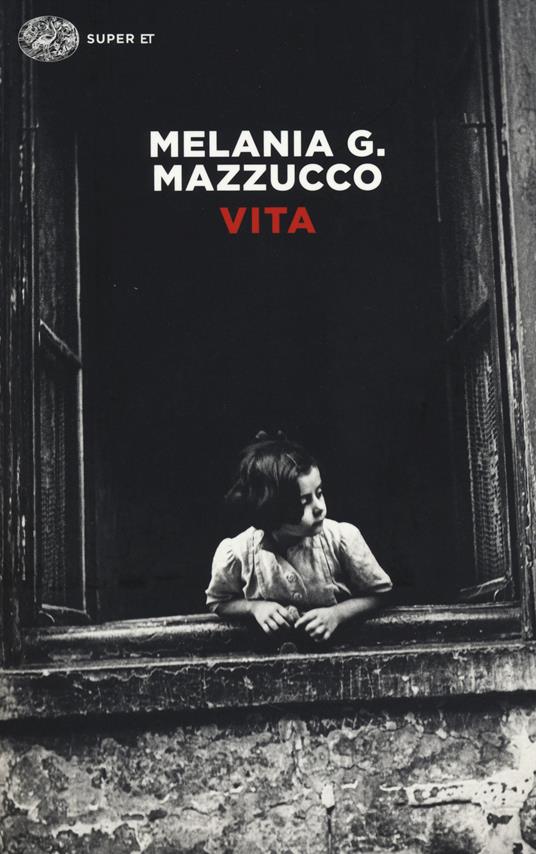
Italy
18 March 2014
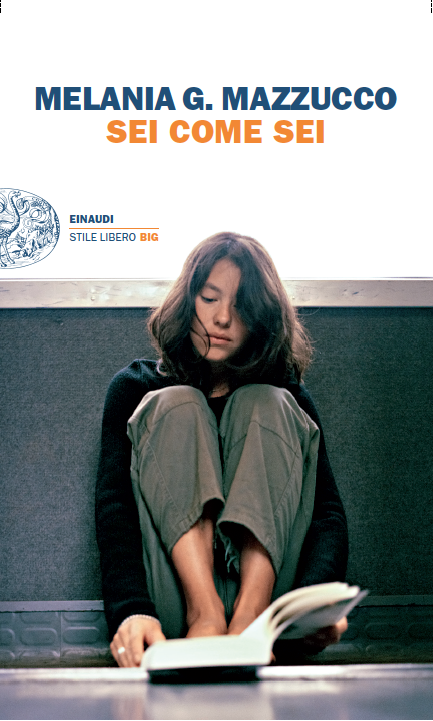
Italy
8 October 2013
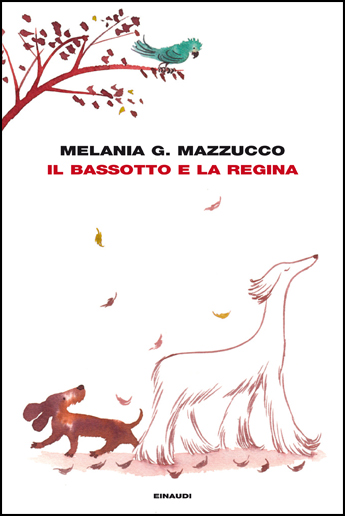
Italy
20 November 2012

Italy
27 March 2012
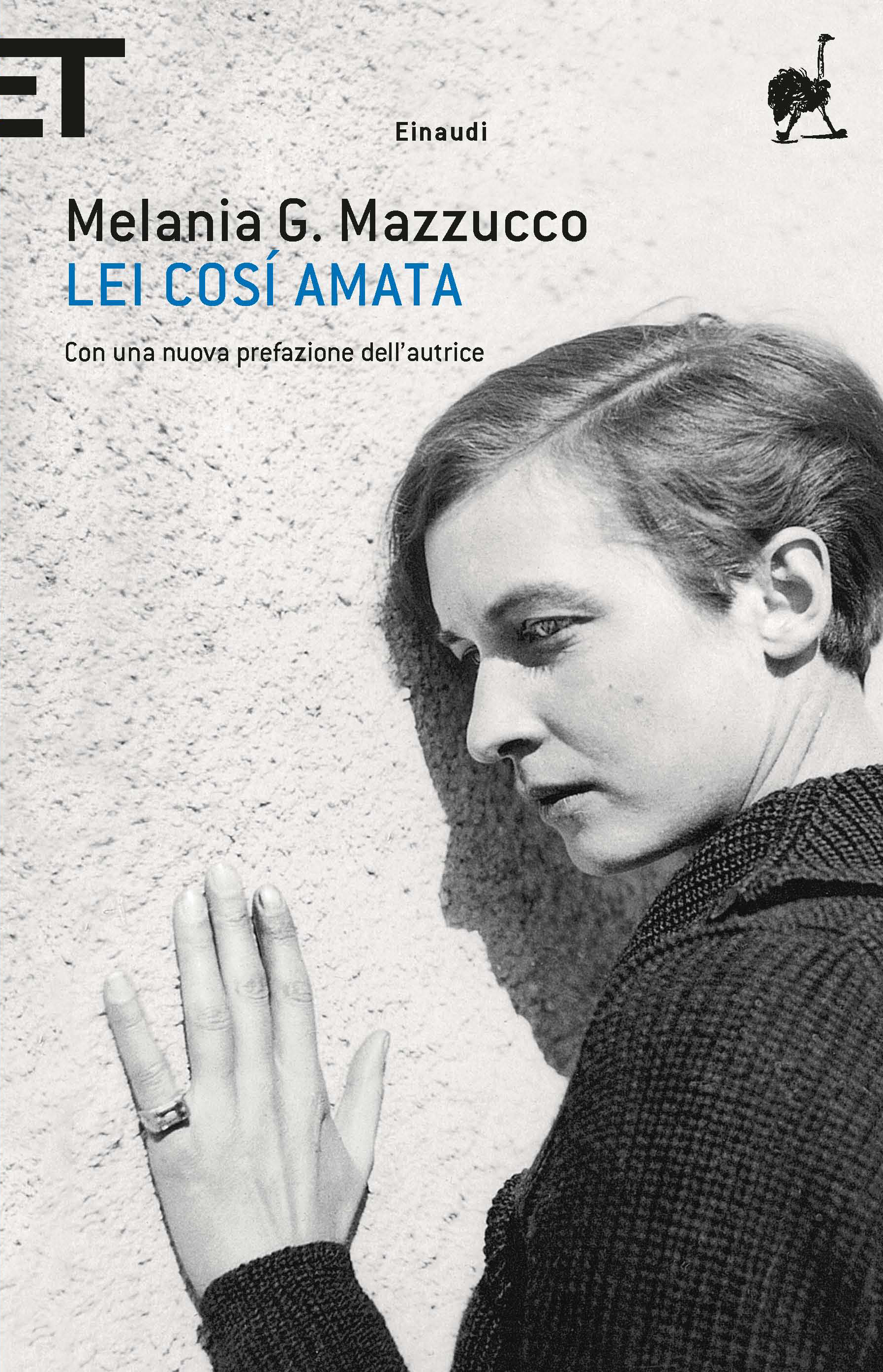
Italy
1 March 2012
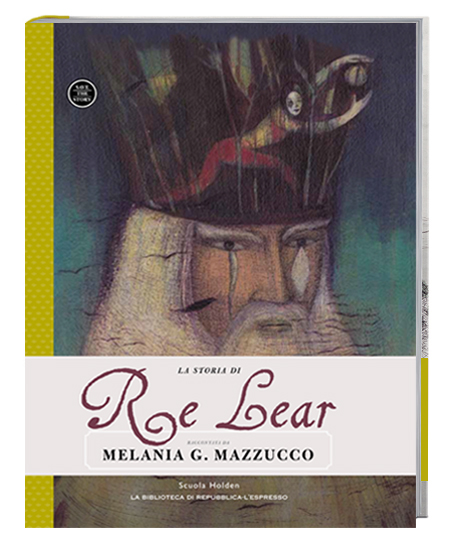
Italy
1 December 2011